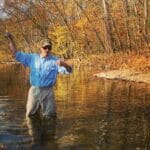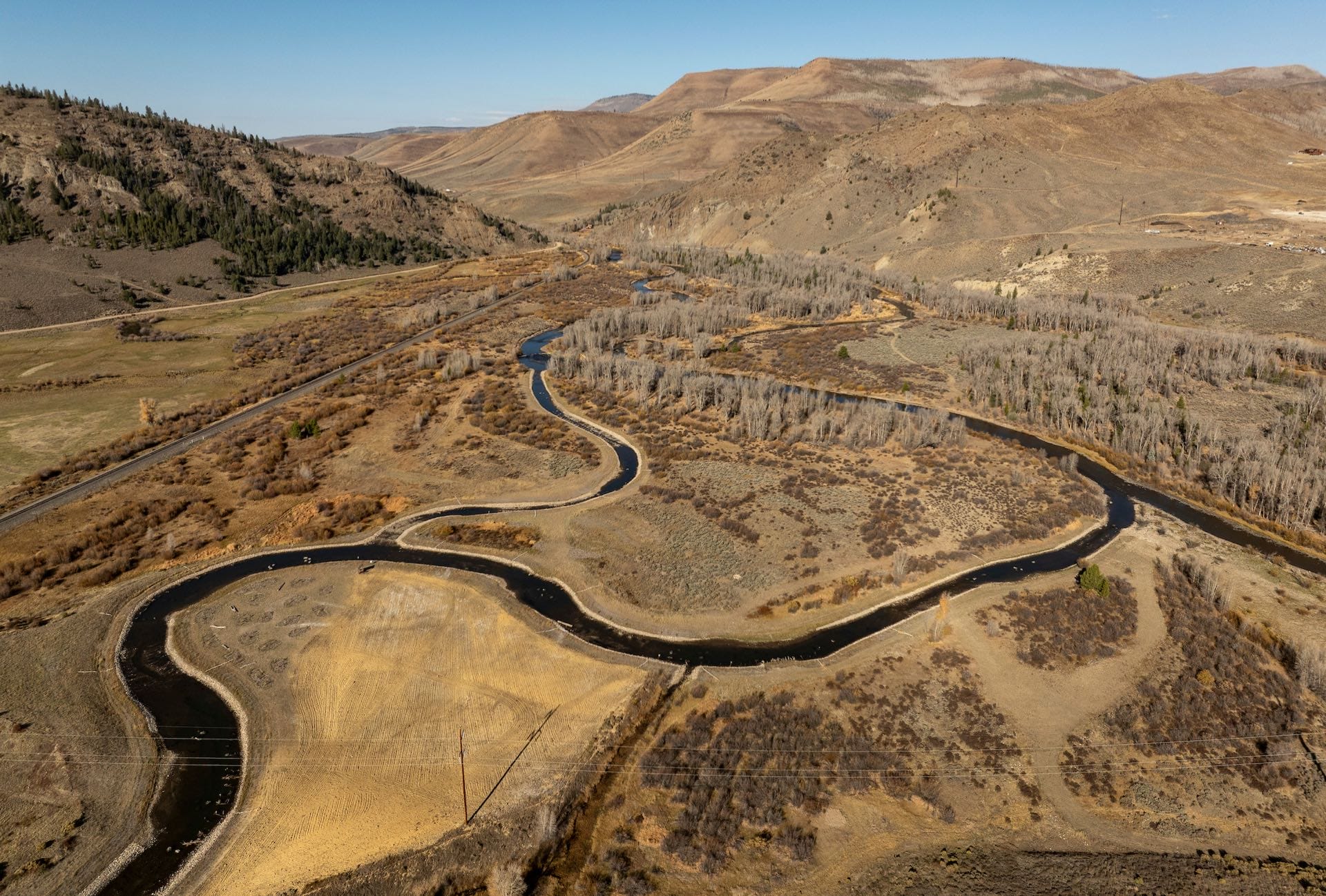In 2016, Donald Trump defied the polls and became president. Some of you may recall what I wrote to you back then:
This was an uncommon and rancorous election, but the outcome was not. As is the case every four years, many are excited about the prospects for the new administration, and many are afraid of what it means for things they care about. I want to take a moment to discuss what this means for our work at Trout Unlimited.
The change in administration may make some campaigns, such as the effort to protect Bristol Bay, more challenging. The good news is that our campaigns are place-based and emanate from a strong need by local people to protect places they live and love. For example, the desire to protect Bristol Bay begins in dozens of small Alaska native villages in southwest Alaska, the spokes of which extend outward to the commercial fishing industry and to the state capital. It is a made-in-Alaska campaign that will be hard for any administration to resist.
While most of the conservation community turned their backs, we engaged the Trump administration over the next four years to protect Bristol Bay. Our advocacy was key to helping persuade them to deny the key permit for the Pebble Mine.
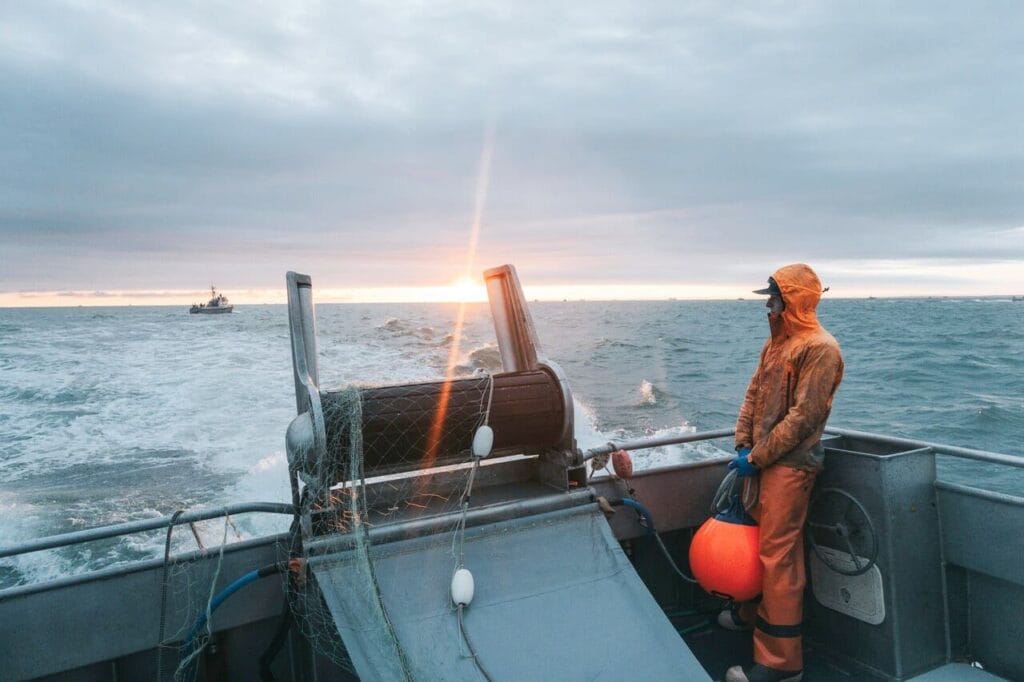
Then, when President Biden took office in 2021, we worked with his administration to set Bristol Bay off limits to industrial scale mining.
That is TU in a microcosm.
Many conservation organizations claim to be bipartisan. We are non-partisan.
We bridge divides. In places such as the Upper Colorado River, where wild trout populations were declining, we moved from a litigious position with water companies whose reservoir was to blame, to one of collaboration. Last month, we joined them in celebrating the completion of a mile-long bypass of a wild trout river around a reservoir that provides water to people in the Front Range.
Last night, we saw the end of an election season that was even more “uncommon and rancorous” than 2016, and a result that is being met by equal parts excitement and apprehension in our divided nation.
At TU, we will do what we have always done: We will continue to bridge those divides.
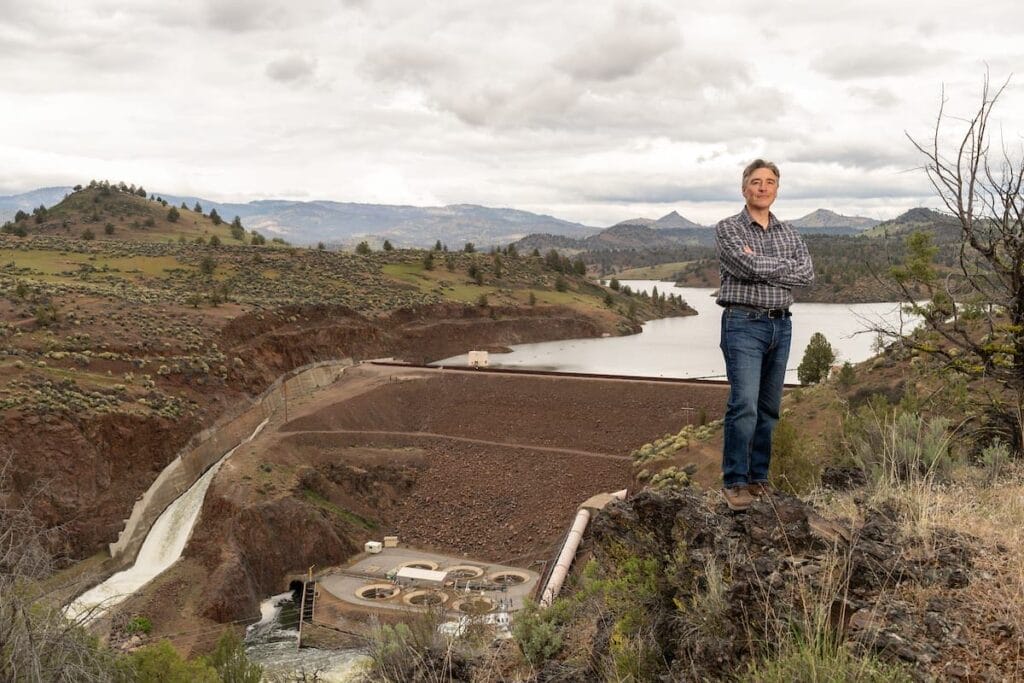
TU bleeds partnerships. Consider the recent removal of the four Klamath dams. American Rivers, CalTrout, a bevy of tribes, and an alphabet soup of state and federal agencies worked with us to make that a reality. No politician in America, regardless of their party affiliation, can oppose those kinds of coalitions.
Let’s keep building them.
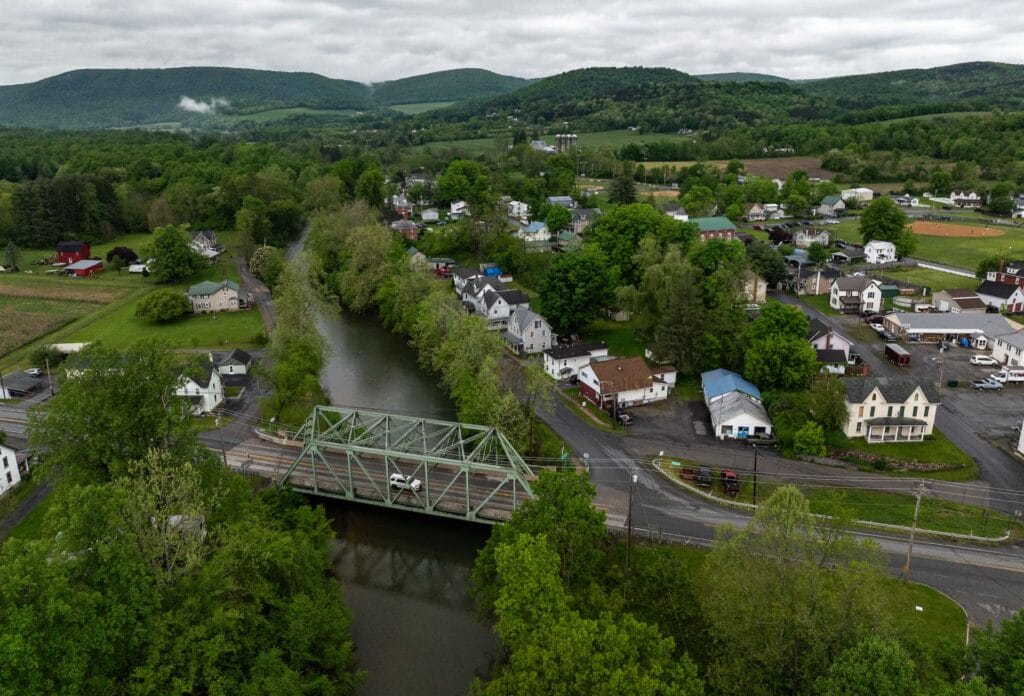
Many may worry about public funding from the infrastructure law or other public funding being “clawed back.”
Maybe, but money flows to things people want, and the fact is that people like what we do. Last week, I was with U.S. Rep. GT Thompson (R-PA) and two awesome TU staff, Brian Cooper and Scott Koser. We toured Beech Creek, a stream in Pennsylvania severely damaged by acid mine drainage. As we walked away from the river, Congressman Thompson looked over at Scott and Brian and said, “Let’s recover this river. Let me know how to help.”
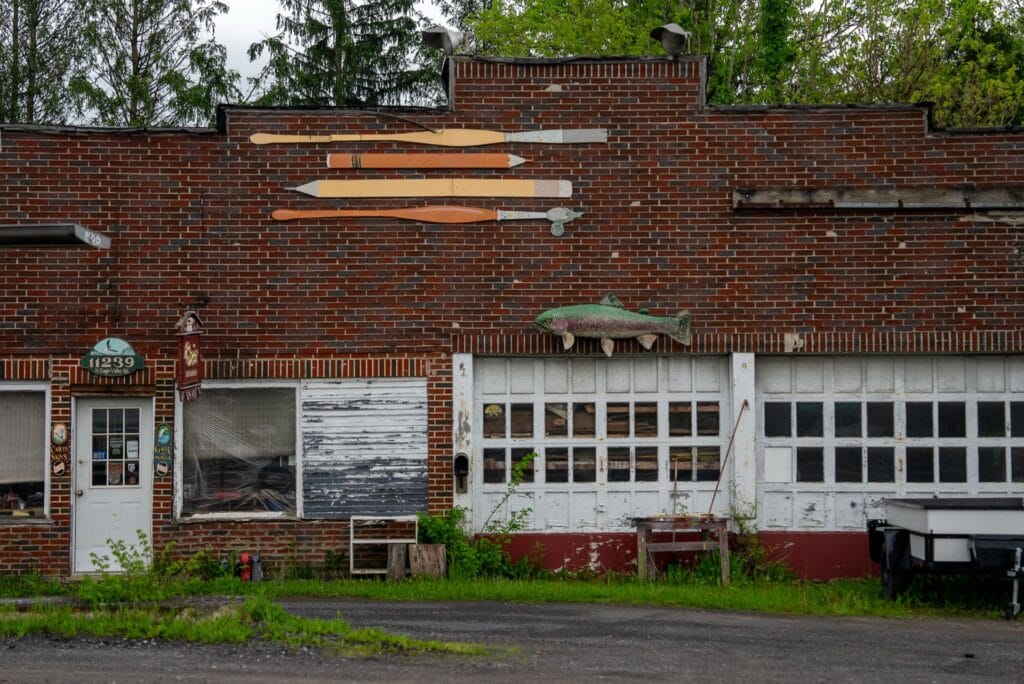
The idea that we can leave a healthier land legacy than the one we inherited is fundamentally non-partisan. So is reducing a community’s drinking water supply filtration costs by protecting upstream roadless and wilderness areas. So is allowing a river to access its floodplain to reduce the energy of the next flood for a downstream community. So is creating tens of thousands of high-paying family-wage jobs across rural America through restoration.
No doubt this was a consequential election. They all are. The country will change in ways we cannot foresee.
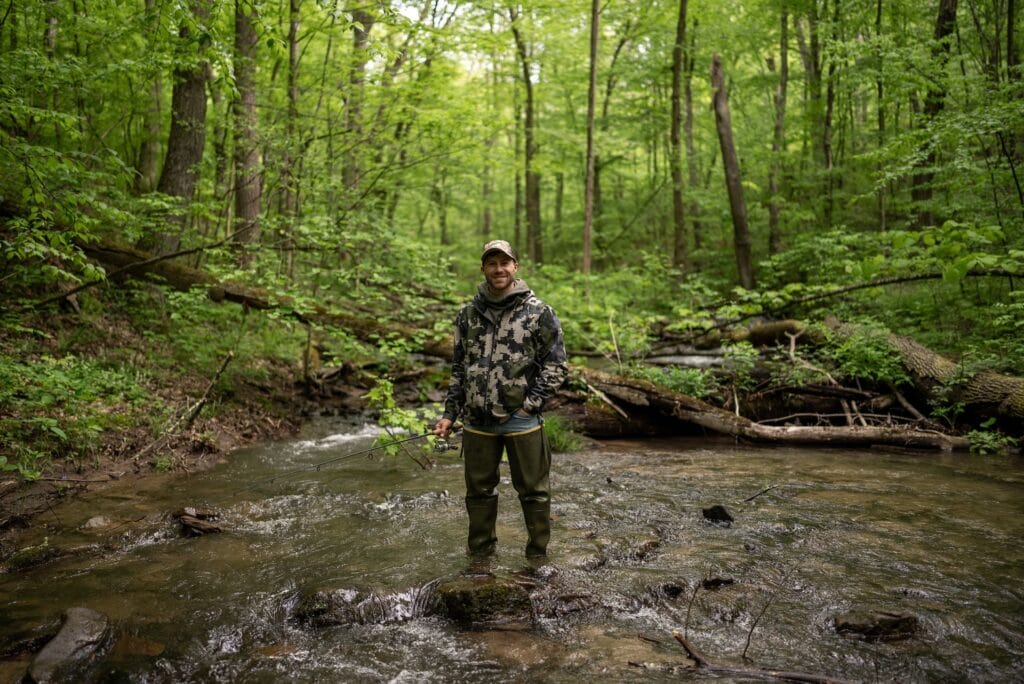
What never changes, however, is our dependence on our lands and waters. Regardless of what party is in the White House, TU will always push them to maintain our nation’s sacred commitment to the lands and waters that sustain our great nation.
I’ll end with another echo to my note back in 2016:
Our work, our entire approach to collaborative stewardship is more vital—more needed—in this country than ever before. The voices of sportsmen and women will be ever more central in the coming years. So few issues bring the country together today. Conservation—the notion that we can take specific actions today, to make the world a better place for our kids tomorrow—may be the one issue that can help to unite an otherwise divided nation.



